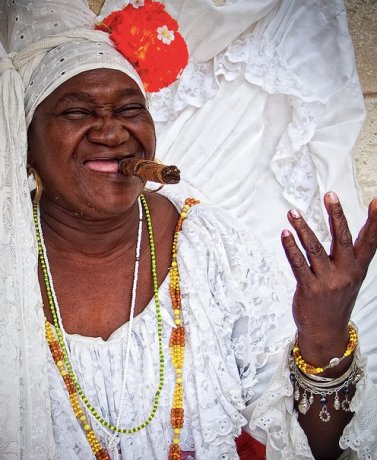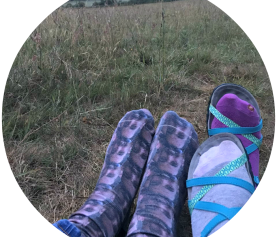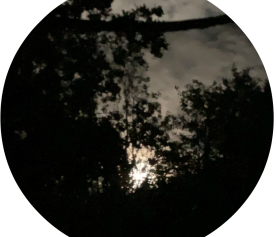Bring Back Our Grandmothers
World Design Action: Bring back the Grandmothers
Requires: pens, paper, voices, actions, media shifts, editors of papers, employers, new cultural paradigm AND grandmothers; British Grandmothers, Iranian Grandmothers, Japanese Grandmothers, American Grandmothers, Argentinian Grandmothers, Indian Grandmothers, Welsh Grandmothers, Scottish Grandmothers …
***
The Council Of Grandmothers
Ads and I were driving home from the cinema having a conversation about the Hobbit.
“I once took The Hobbit out from the school library,” Ads told me, “because it looked really grown up and chunky. I then had it for months and never read a page.”
“My friend Julie took out a book just like that,” I laughed. “It was about this Native American called Hiawatha and the whole thing was told in poetry. We used to crease up at the pictures and generally use it as a source of amusement when we were supposed to be quietly reading. Neither of us found out who Hiawatha was.”
Following that car convo, something really bizarre happened.
I was reading a book that someone gave me for Christmas and there was a whole segment on Hiawatha and who he was.
So, long story short, there was this dude called “Confluence of Two Rivers” who, back in the 1400s or 1500s brought together six warring Native American tribes, to form the Iroquios Confederacy. Hiawatha was the negotiator who brought the tribes together.
Via this umbrella (under which sat the Mohawks, Oneida, Onondaga, Cayuga and Seneca tribes) these six diverse nations found a way to live in peace and harmony.
One of the things that I was most interested to find out about the Iroquios was that in their society they believed that authority came from the ground upwards, not from the top down. In Europe at that time, it was the law of the King and of the Church that delegated power and the people at the bottom had no choice but to comply. Yet the Iroquios believed that the need for government “arises from equality sovereign citizens who enter into a compact to ensure a mutually beneficial and thriving community.”* They also said, “power is breathed into leaders by people and those leaders then exist on that support. When the support no longer exists, then their power ceases to exist”.
So different to how our world is governed today…
The final thing I wanted to tell you about re. the Iroquios was the role of women in their tribe – and more specifically the older women. The native society had no kings or upper class, but what they did have was a group called The Council Of Grandmothers.
The Natives, like many indigenous tribes, believed that Earth, plants and the land were feminine in character. Because the oder women in the tribe were closest to the basics of life, eg. preparing food, growing food, midwifery and rearing of children, the men naturally acknowledged women’s fundamental power.
The Native American clan, for this reason, was usually headed by an older woman. These older women, the Council of Grandmothers, assumed the political power and they possessed sole authority to choose a new chief or to impeach a chief for wrong doing. Women also made the final decision as to whether to go to war. Having said that, the men were sometimes reluctant to give women this right and they complained women wanted to go to war too often.
When women were past childbearing age they would become clan mothers, or even warriors. Beautifully and amazingly, the female/male equality in Iroquios culture may have sparked the Women’s Revolution in America, for in the late 19th century, Susan B. Anthony and Elizabeth Cady Stanton, had “early and influential contact with Iroquois women”.
Incredible that women of a “civilized” culture had so much to learn from a people portrayed for so long as savages.
All of this had led me to think again about the place that women have in our society today. Young women of childbearing age are sexualized and celebrated, strewn across TV sets and held up as the role model to become. Yet as a woman becomes oder, her chances of finding work become less and she is gradually faded from the TV screen (apart from the odd news reporter of course).
Where are our Council Of Grandmothers, the older women who are sassy, wise and rich in their experience and knowledge of the world? Where are our women who are no longer of child bearing age and should be stepping into their Great Space Of Contribution, but instead quietly shuffle into the menopause and off our screens forever? Where are our Grandmothers? Where are they?





